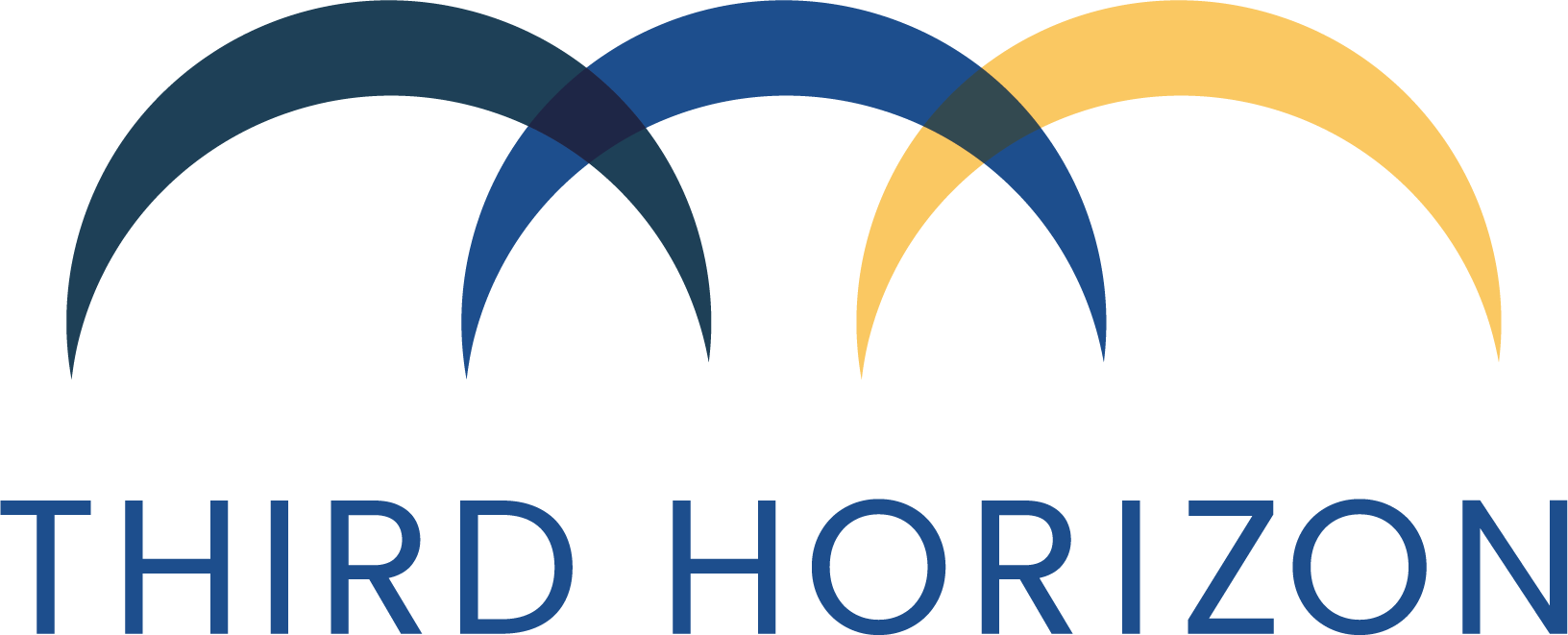This month, the Centers for Disease Control and Prevention released provisional drug overdose data for the 12 months ending March 2021. The report predicts over 99,000 drug overdose deaths during that time, a 31 percent increase over the number of fatalities in the year preceding March 2020.
The data demonstrates that the nation’s substance use disorder (SUD) epidemic has continued unabated since the onset of the COVID-19 pandemic. In fact, as indicated by a survey published in the International Journal of Drug Policy, the pandemic is likely going to increase the number of individuals and families who struggle with addiction in the coming years. Consider the following:
- Social isolation, job loss, housing instability, and illness during the pandemic has exposed millions of Americans to a level of toxic stress – all of which can increase risk of behavioral health issues.
- While toxic stress has impacted many, it is particularly concerning around children – with clear evidence that Adverse Childhood Experiences (ACEs) and similar trauma at a young age dramatically increase rates of mental health distress and substance misuse among youth.
- Emerging evidence shows that alcohol consumption rates rose during the early days of the pandemic and subsequent lockdowns. Increased use during times of economic and societal stress raises the risk of more individuals developing alcohol and related use disorders, which contributes to poor health outcomes and early death.
- Though the expansion of telehealth services during the pandemic made ongoing access to treatment and recovery supports possible, risk of facility-based exposure and limits on patient populations in residential and health care settings still added barriers to care that have likely hastened worsening SUD among many.
With indicators pointing in the wrong direction – and the pandemic still actively impacting individual and community wellbeing – how do deeply strained community, safety net, and health care systems respond to both the current nature of the substance use epidemic and what it may become? I believe three areas of focus could provide significant return on investment.
First, we must continue our march towards true integrated care. For far too long, behavioral health has been excluded from the health care ecosystem. While payment and practice reforms have aligned SUD services more with primary care, systems must continue to foster practice change, build relationships with specialty providers, and leverage technology solutions to accelerate treatment engagement and incentivize patient care teams to include behavioral health.
Second, schools, pediatric practices, and community organizations must screen for behavioral health issues among youth. Protocols like Screening, Brief Intervention and Referral to Treatment (SBIRT) promise to not only provide early warning of problematic use, but can serve as a preventative tool as providers and youth workers are increasingly trained in tactics to encourage youth to reduce their substance misuse.
Third, access to health care is not enough. As one friend in the recovery community once told me, “Treatment is useless if I come out without a roof over my head and a way to pay for it”. As a nation, we need to get our arms around the interconnectedness of health outcomes and social determinants of health. In the behavioral health space, this means making sure that capacity exists in communities to provide recovery supportive housing, career and educational pathway programs, and similar efforts to assist those living into their recovery with the community supports, tools and resources needed.
I joined Third Horizon Strategies because of its commitment to building health and community systems that are equipped to provide those struggling with behavioral health issues a pathway to long term health and wellbeing. These pathways are needed, now more than ever. If you are a system, organization, or leader that desires real solutions that can meet the moment in bringing the promise of recovery to those who need it, contact me to find out how Third Horizon Strategies can support your endeavors.


